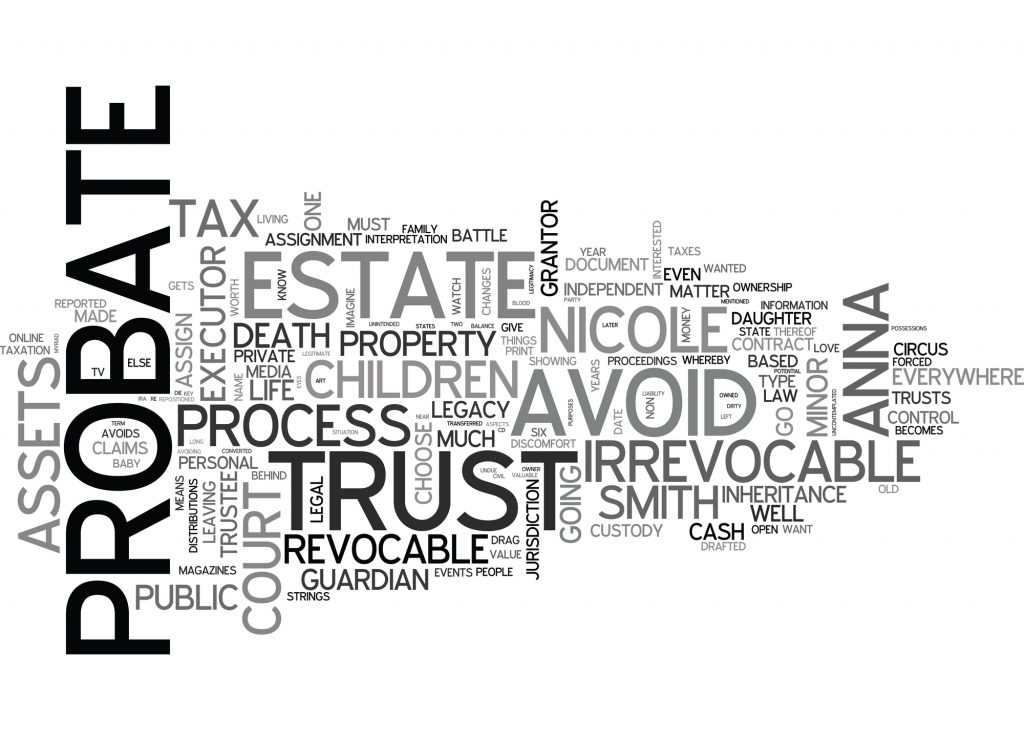Probate And Trust Administration
Serving Clients in Sioux Falls and the Surrounding Area

Probate is a process whereby the court supervises the transfer of assets from a person who has passed away to the new lawful owners. But first, the court must make sure that all of the decedent’s taxes and debts are paid.
Probate is generally a long, frustrating and expensive process. Much of our practice is devoted to using trusts and other planning tools to help our clients avoid probate altogether. However, for families who did not do probate avoidance planning, we are frequently hired to guide them through the probate process. While every probate is unique, here is a list of what is involved in a “typical” probate:
- Locate and file the decedent’s Will (if he or she had one) with the local court
- File necessary probate documents with the court
- Locate, inventory, custody, close and transfer personal assets and accounts
- Appraise and determine the value of all assets
- Ascertain, and then notify, all known creditors of the estate
- Make payments to creditors, discharge the decedent’s obligations and obtain creditor releases
- Process and obtain life insurance death benefits, if any
- Secure the decedent’s residence and tangible personal property
- File tax returns and make appropriate tax elections
- Pay estate taxes and final personal income taxes, if any
- Obtain tax releases and closing letters from the IRS, local courts and state taxing authorities
- Make specific bequests, together with partial and final distributions, to beneficiaries.
- Provide detailed accounting to beneficiaries and the local court
As you can imagine, accomplishing all of this is hard enough without the added grief of losing a loved one. At Legacy Law Firm, P.C. we can guide you through the probate process from beginning to end, and make it as stress-free as possible. You are not alone during this difficult time. Our South Dakota probate lawyers are here to help.
Trust Administration Attorneys
Trusts can accomplish a wide range of important estate planning goals. However, many people assume that once they have created and funded a trust, it will simply take effect “automatically” when the maker of the trust passes away. This is not the case. A trust must be properly administered for it to work the way it was intended and carry out the trustmaker’s wishes.
It is important to note that failing to properly administer a trust can have serious legal and financial consequences for the trustee and the beneficiaries. If you have been asked to serve as trustee, don’t take the decision lightly. We can explain the steps involved in the process, and the potential risks for administering the trust improperly. If you do indeed want to serve as trustee, we can guide you every step of the way to ensure the directives of the trust are carried out accurately and appropriately. If you would rather not accept the role of trustee, we can help you choose the ideal person or institution to do so.
Whether you need help with probating an estate or administering a trust, we are here to assist you. Contact us today for a complimentary consultation.
